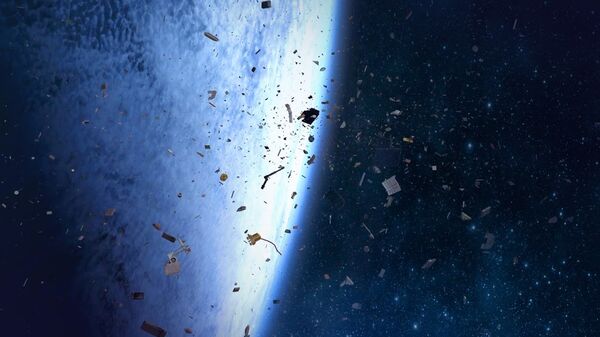"Tackling the problem of space debris is one of humankind's greatest environmental challenges, but is also perhaps the one that is the least known," said Hugh Lewis, head of astronautics research at the University of Southampton.
He said at the Royal Astronomical Society in London that cleaning the orbital space "may take years to achieve."
In total, there are more than 100 million pieces of junk, with 27,000 items of debris being tracked as they orbit our planet. Those pieces are dangerous for satellites as they can damage and even destroy them. As a result, they "may affect the dreams and ambitions of future generations to work and live in space," Lewis said.
Users can "adopt" a piece of space junk on Twitter. The piece will communicate with them live from space, according to the project website. Users can also audibly follow the path of space debris.
Lewis spoke of the issue in the wake of an accident that involved a large metal cylinder falling from the sky and slamming into a mining area in Myanmar last week.



